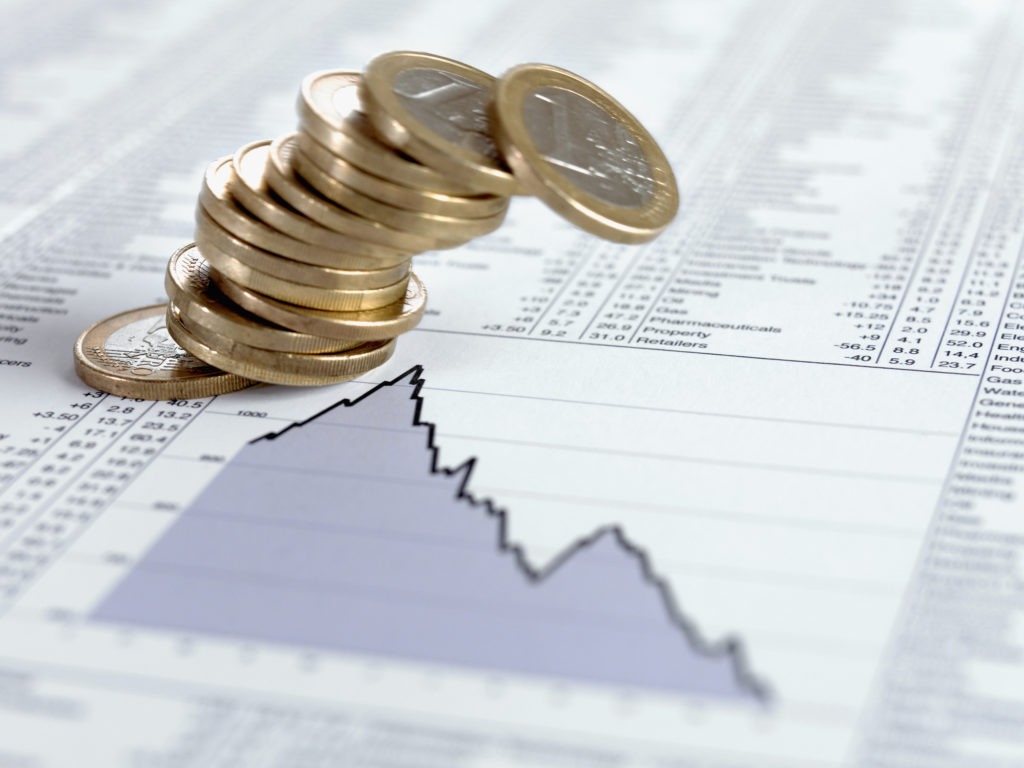Suppliers suffer in latest financial results
29 April 2019

29 April 2019
Vehicle technology suppliers are struggling in the current market as Q1 results reveal a range of profit losses and warnings.
Denso and Continental have revealed large hits to their operating profits, while Valeo has highlighted a small dip in revenues in their latest financial releases. With the need for companies to diversify their technologies into new markets, such trends are likely to continue throughout 2019.
Japanese troubles
Denso, partly owned by Toyota and Japan’s biggest vehicle parts supplier, reported a 23% decline in operating profit in its fiscal year-end results to 31 March.
Consolidated operating profit totalled 316.2 billion yen (€2.5 billion), a 23.4% decrease, the company said in a statement. It attributed this drop to investments in future mobility, including electric vehicle technology.
‘Denso’s revenue rose in all regions due to an increase in global vehicle production, despite a market slowdown in Europe and China. Operating profit decreased due to the company’s increase in investments to help secure its future growth toward becoming a leading advanced mobility supplier. Additionally, transient profit in the last fiscal year and quality cost that was posted in the fourth quarter also attributed to a decrease in profitability,’ said Koji Arima, president and CEO of Denso Corporation.
In Europe, revenue totalled 652.5 billion yen (€5.2 billion), a 1.5% decrease from the previous year. As a result of the increase in cost-reduction efforts, operating profit totalled 22.8 billion yen (€183 million), a 13.8% increase from the previous year.
Flotation delay
German technology and tyre supplier Continental has said it would push back the spinoff of its powertrain division until 2020 following a hit to its Q1 operating profit.
Continental’s earnings before interest and taxes (EBIT) fell to €884 million in the first quarter, compared with €1.066 billion a year earlier, even as sales remained flat. Releasing preliminary results before its annual shareholder’s meeting, Continental said its adjusted EBIT margin fell in the quarter to 8.1% from 9.7% a year ago.
‘Global car production was down substantially at the beginning of the year, as expected. That is why our solid results are all the more gratifying, thanks to our strong market position on the mobility markets worldwide. Our increased cost discipline also contributed to this achievement,’ said Continental’s CEO Elmar Degenhart.
In the first three months of 2019, global automobile production was down by more than 6% year-on-year, according to preliminary figures. In contrast, the technology company’s organic growth (before changes in the scope of consolidation and exchange rate effects) was down by only 2%.
The supplier said it would update capital markets towards the end of this year about the partial float of the recently formed division, which it has named Vitesco Technologies.
‘Depending on market conditions, this can be expected from 2020,’ Continental said.
Better results
Valeo said that its sales fell 0.8% in Q1 due to sharp declines in vehicle manufacturing amongst its customers.
Revenue at the French supplier fell to €4.84 billion, from €4.88 billion in the same three months of 2018. It cited similar production declines in car production as Continental.
The company has invested heavily to benefit from ever-tightening emissions regulations and increasing vehicle automation, through a push into electrified cars, sensors and camera systems.
While waiting for the strategy to pay off, the company was buffeted by a market slowdown and weakening order intake that forced it to rein in capital spending and pledge €100 million in new savings.
Valeo was also one of the hardest hit suppliers following the introduction of WLTP, with many of its customers suspending and slowing the production of vehicles while they put them through the new emissions test.